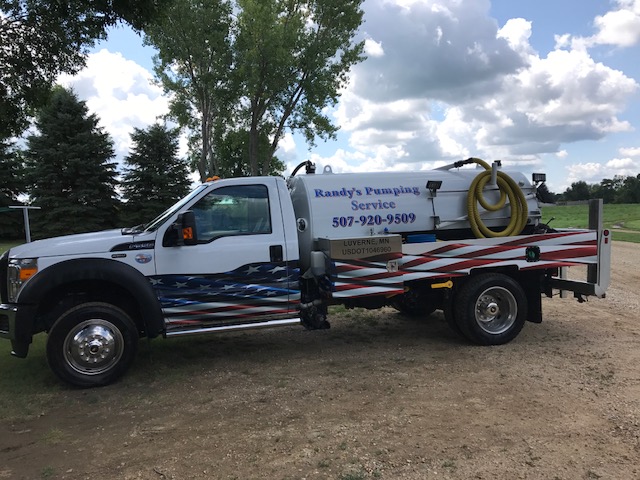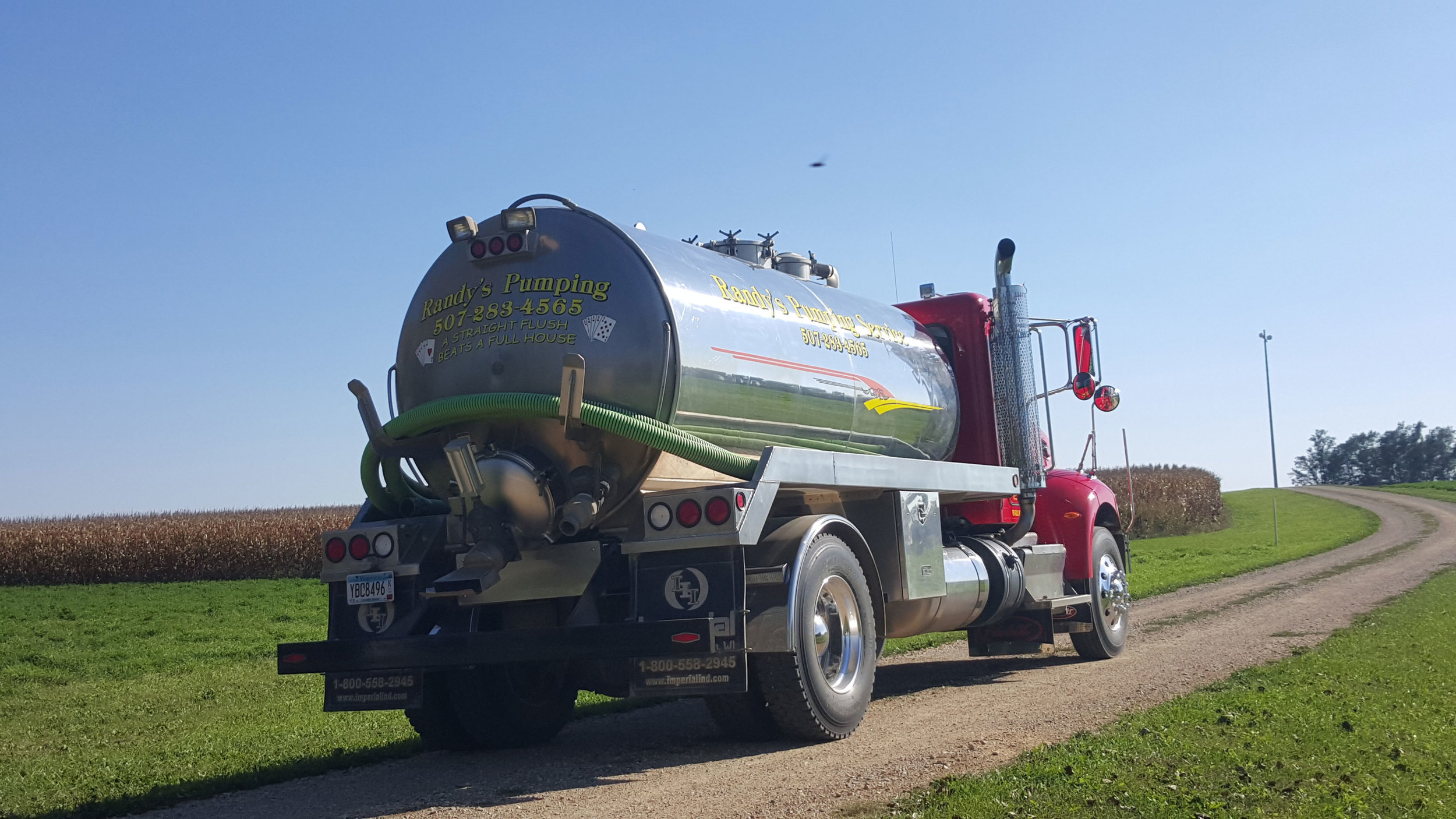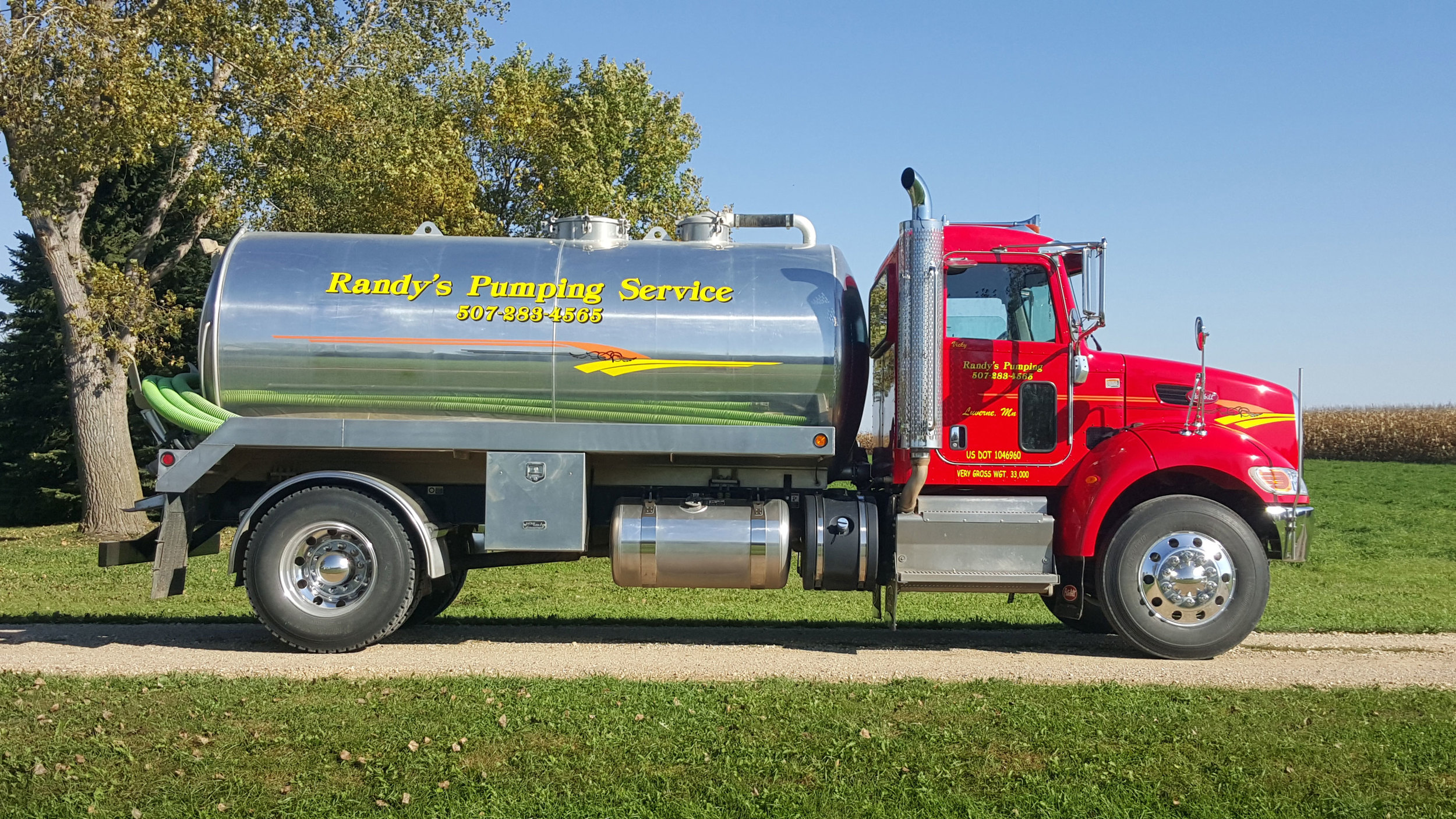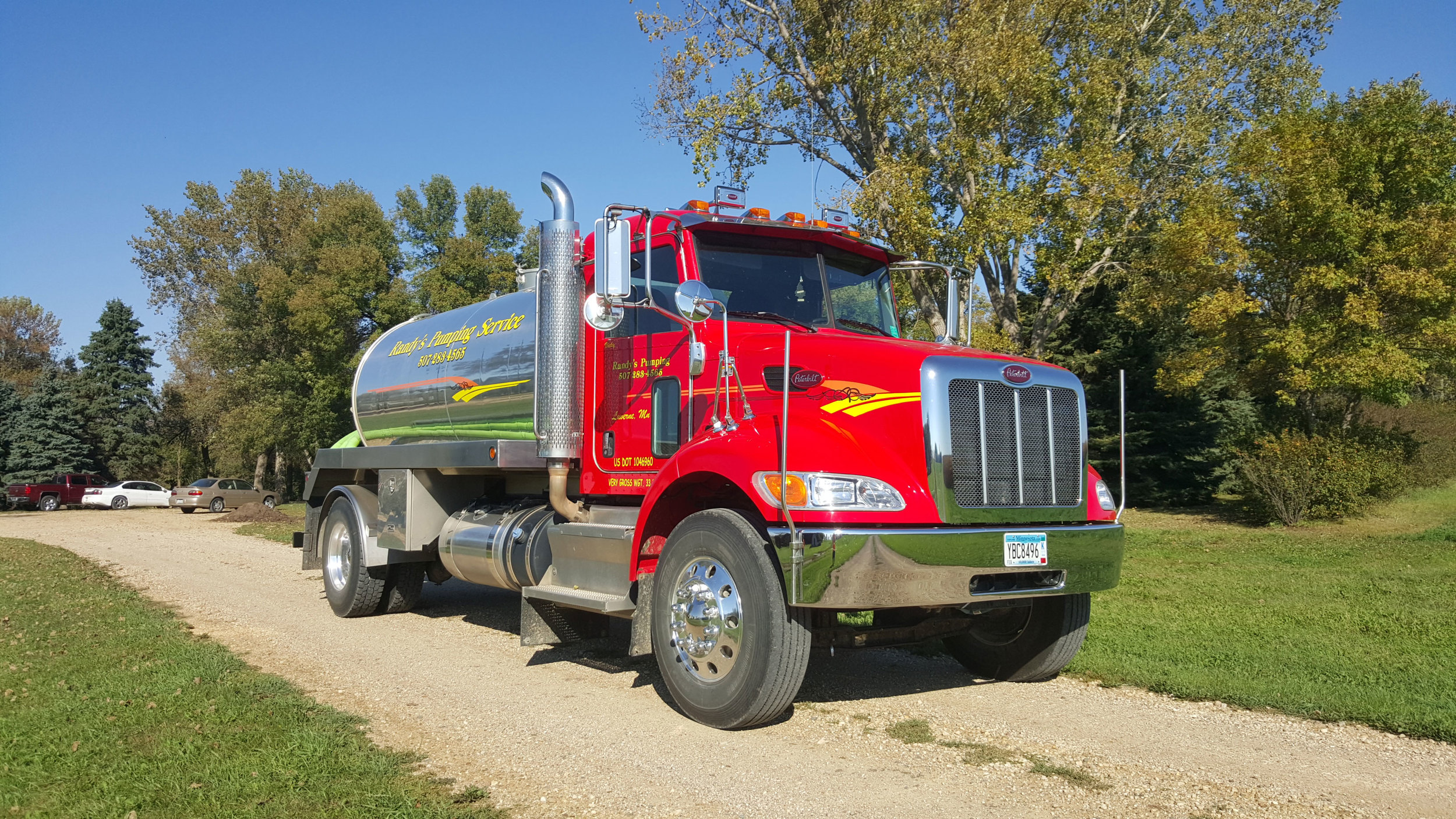To expand a question, click on the "+".
+ Why are septic systems necessary?
Septic systems use on-site treatment systems, commonly referred to as septic systems, to treat their wastewater. While installation is performed by a licensed professional, homeowners are responsible for the system's operation and maintenance. Septic systems fail mostly due to improper owners do not maintain them after installation.
+ What do septic systems do?
Septic systems protect human health and the enviroment by safely recycling wastewater back into the natural enviroment. Septic systems treat wastewater as well as, or better than, municipal treatment systems at a reasonable cost when properly designed, installed, operated, and maintained.
+ How does a septic system work?
In typical, on-site treatment systems, all wastewater is co-mingled, treated, and dispersed by one system. There are few separation systems in which toilet wastes are treated separately from other wastewater.
The septic tank is a solid watertight tank, or series or tanks, that recieves water. It separates the solids from the liquids and stores the solids until they are decomposed or removed. The liquid, called effluent, is delivered to the soil treatment system.
+ How large does the soil treatment system need to be?
The size of the soil treatment area needed depends on the volume of water to be treated and the type of soil on the site. For example, a much larger soil area is needed for a large home or a home on clay soil than for a small home or one on sandy soil.
+ How is the sewage treated?
In the typical system, raw sewage is collected by the plumbing in the home and delivered to the septic tank. There the light solids float to the top, forming a scum layer, and the heavy solids sink to the bottom, forming sludge.
In the tank, organic solids such as food particles and human waste are decomposed by millions of naturally occurring bacteria. The septic tank delivers the partially treated liquids, or effluent, to the soil treatment area.
+ Why do septic systems fail?
Septic systems fail for a variety of reasons. Most commonly, septic systems fail due to improper design/installation, overuse of water, and/or improper maintenance. For more information, go to our tips page.




